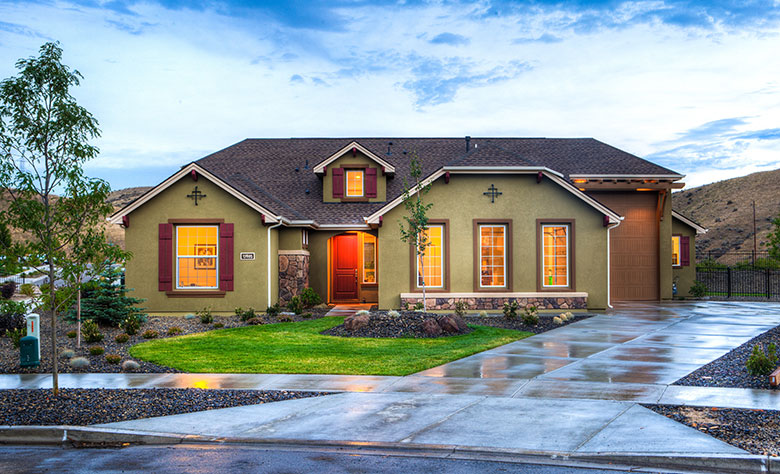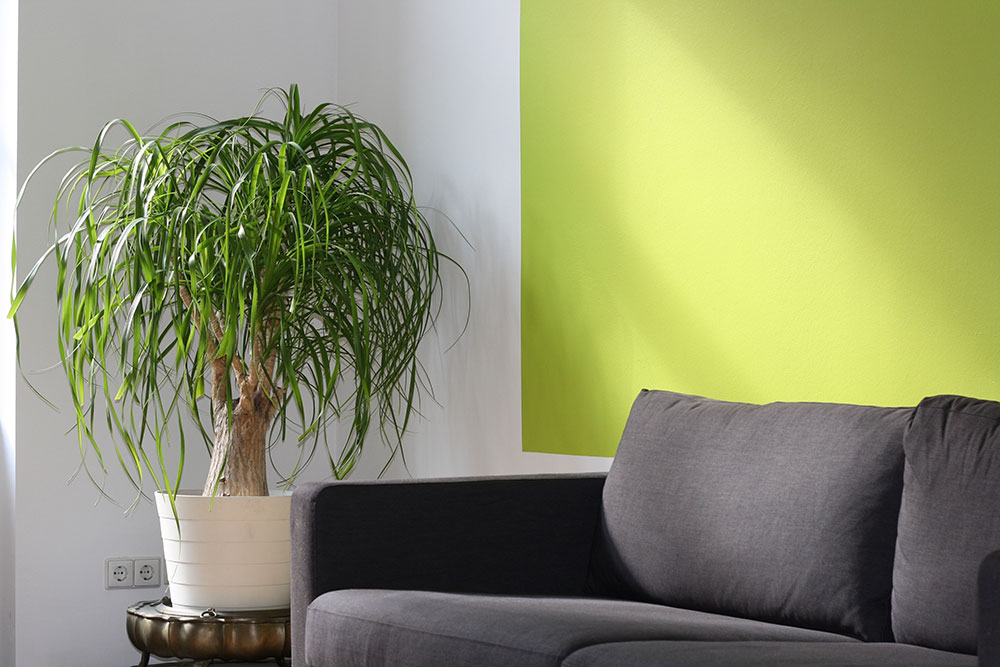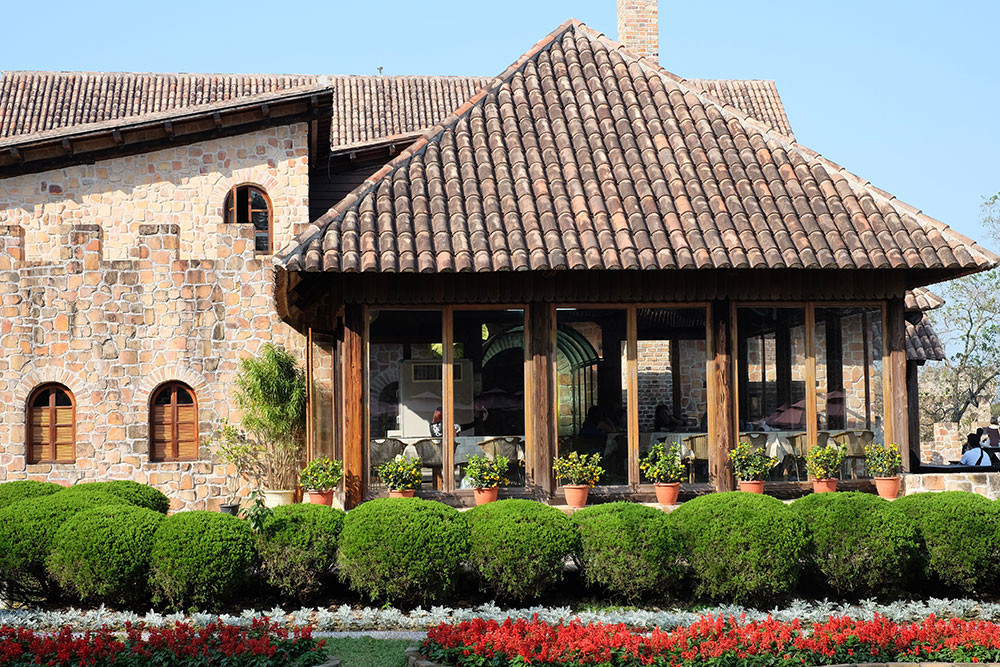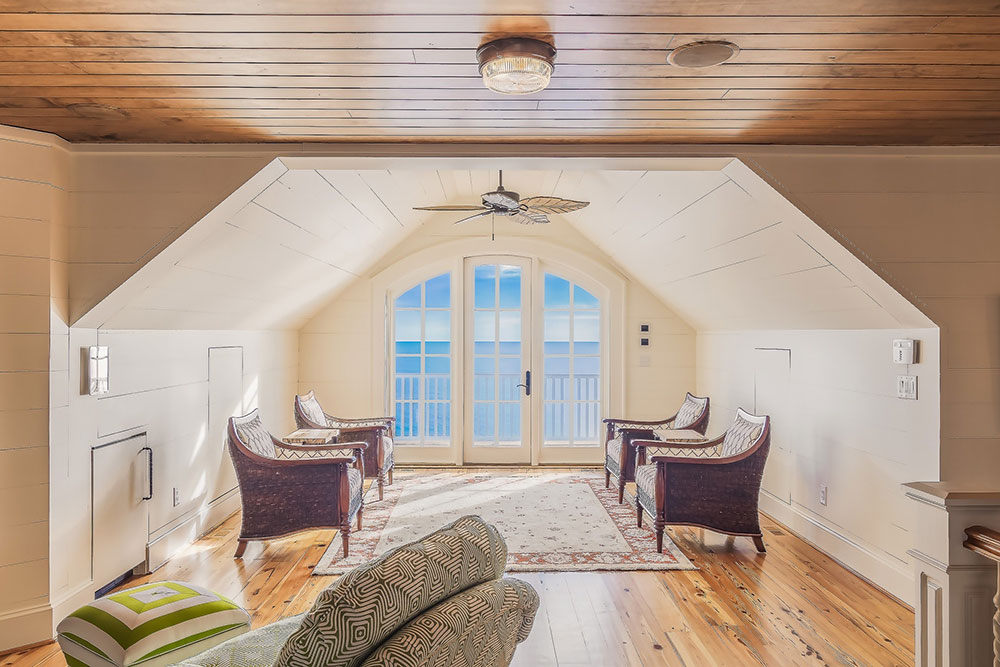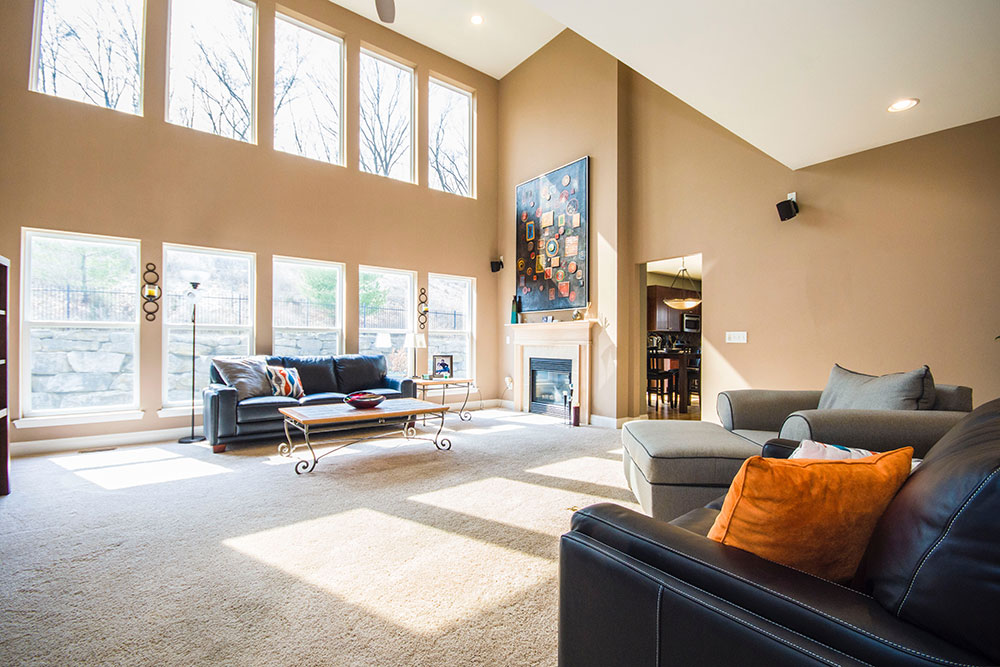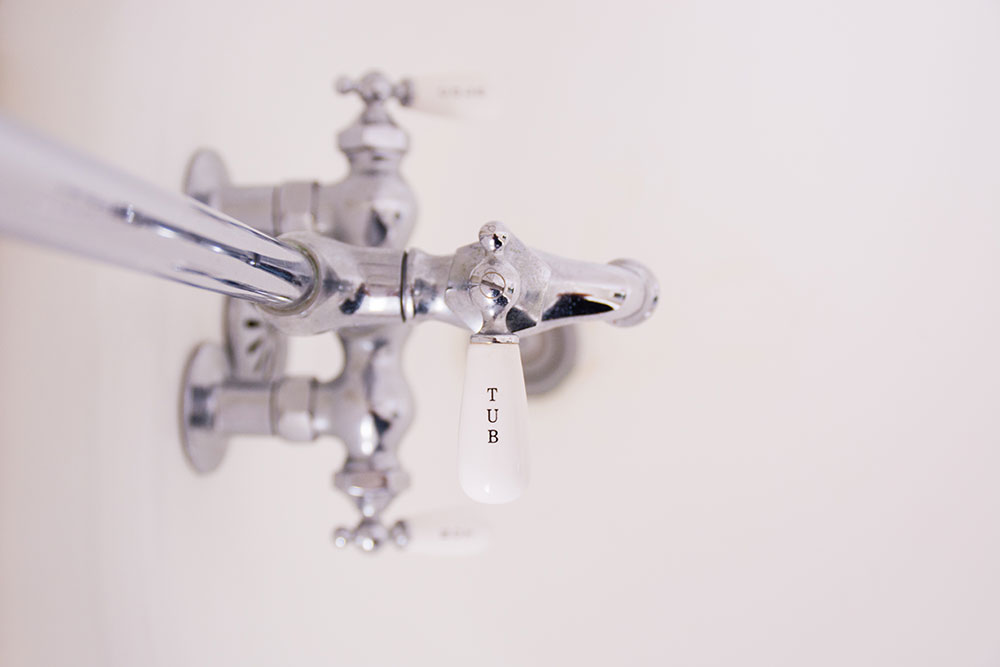You’ve embarked on your journey to becoming a property mogul: congratulations! Whether you’re looking to rent out your home or sell it on for a tidy profit, it’s almost always advisable to make a few improvements first. These not only make it easier to sell/rent your property, but they can provide serious bang-for-your-buck in terms of ROI.
The following tips will help you make the most of your property investment, from quick and simple fixes, to major overhauls. We’ve grouped the advise in two ‘levels’; the first consists of low-cost projects you can probably do yourself, while the second set will require significant investment and some DIY expertise.
Level 1 (Easy/Low-Cost)
Paint high-traffic areas
Paint is easily one of the best investments in terms of value added. It can turn a drab and tired environment to a bright and welcoming space. Stick to neutral colours, as they’re universally appealing. For example, painting the door of your home black or charcoal can increase your property’s value by over $6,000.
You also want to limit your improvements to what we call high-traffic areas: think bathrooms and kitchens. Invest in a decent pot of paint, but don’t go for the crazy expensive brands. People won’t notice and the difference in product quality is marginal (or even non-existent).
Work on curb appeal
Small details can make a big difference to the value of your property. Making sure your property has ‘curb appeal’ is an important part of this formula. We’re talking adding a few nice outdoor lights, a fresh lick of paint to your garage door, replacing that old tatty mailbox, and perhaps investing in a decent set of shutters.
We recommend going for accents. You want an injection of color, without screaming ‘loud’. Focus on creating symmetry, as it instantly draws attention and is pleasing to the eye. A couple of strategically placed plants, for example, can really make a difference.
Help your buyer’s imagination
People are often bereft of imagination, meaning than an empty property can often lack the real ‘oomph’ that inspires buyers to sign on the dotted line. If you are living in the home, for example, make sure you clean and declutter. Ensure you don’t have too much furniture; you have to give the illusion that the home has plenty of breathing space. Give each room a proper function, as it’ll give potential buyers an idea of what it’d be like to move in and live in the property.
Level 2 (Moderate-Difficult/Expensive)
Create space
Buyers don’t like pokey, small, and boxed off spaces. They want light, airy, and a sense of flow between rooms. Older homes often have far too many non-structural walls, giving the home a claustrophobic feel.
You may want to open up your kitchen to create an open-plan living room/kitchen scenario. This works particularly well for smaller homes, where having two distinct rooms actually makes the house feel more cramped.
Replace old plumbing
Plumbing is often the ‘weak link’ when selling a home. Sure, it’s not something that is often picked up at first glance. But when it comes to selling the property, you can be sure it’ll get noticed as part of the valuation assessment. Not only that, faulty plumbing can be extremely expensive to fix the longer you leave it.
This type of work can be done by your expert DIYer, but it’s a risk. If you don’t know the difference between flange standards, for example, it’s best you call the experts. Get the job done right from the get-go and you won’t have to pay twice!
Go eco
Eco-friendly properties are in demand. People aren’t just focused on lowering their bills, but they are increasingly trying to become carbon neutral. This extends to the energy efficiency of their potential homes, so it’s worth thinking about investing in making your home greener. You can often get tax breaks or grants when it comes to these upgrades, so they’re worth looking into!
For example, think about installing new heating or air conditioning systems. These can lower bills by 30-40%. Look into the R-value of your insulation and make sure it’s up to scratch. Invest in double glazing, appliances that are all about energy efficiency, and if you’re really brave to think about solar paneling.
Final Word of Advice: Don’t Go Overboard
The top mistake we see people make when they try and increase the value of their homes is over-improving. You want to focus on return on investment, not on making the best and most beautiful house in your neighborhood. The law of diminishing returns applies here. Remember, this is an investment vehicle, not a personal vanity project.

